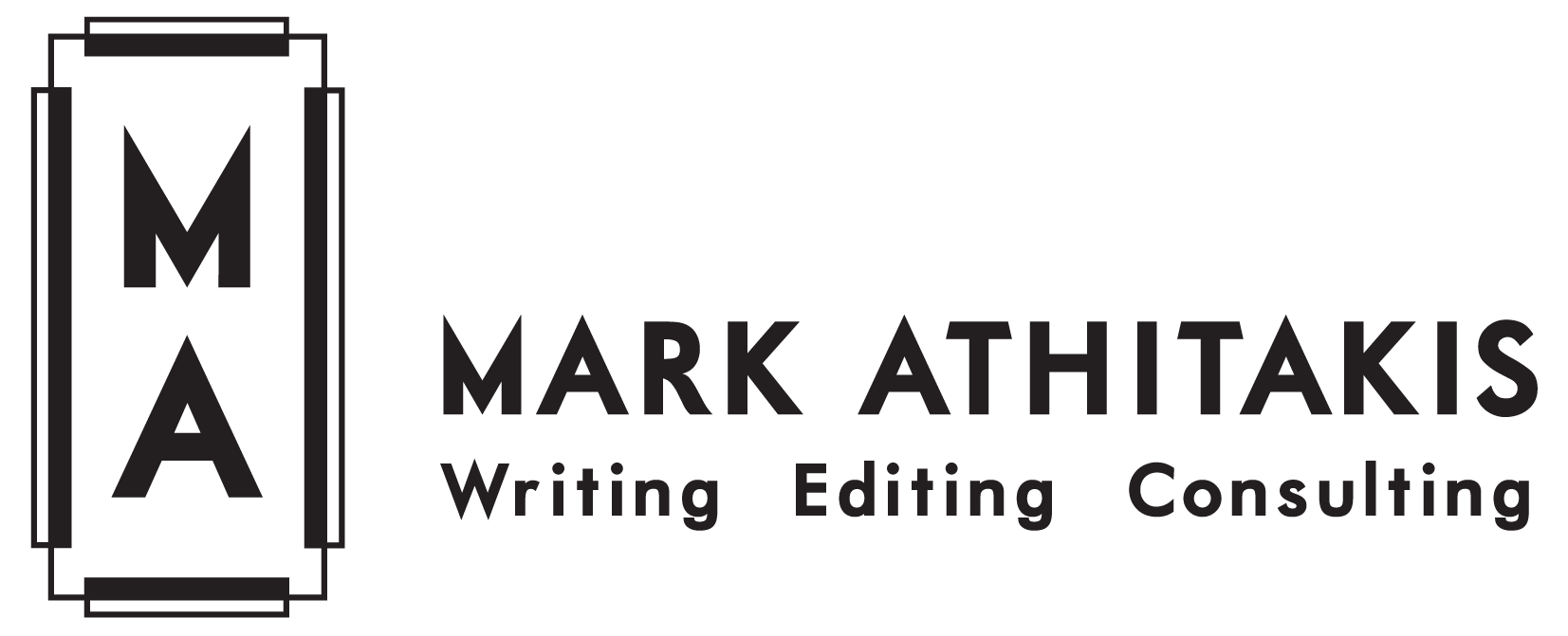How much does Dwight Macdonald matter today? The pieces selected by Baffler editor John Summers for Masscult and Midcult: Essays Against the American Grain seem almost engineered to complicate the question. On the one hand, Macdonald’s demolition job of James Gould Cozzens‘ 1957 novel, By Love Possessed is hilarious, intelligent, forceful, and in its own way very current. This, for instance, remains very true:
It is difficult for American reviewers to resist a long, ambitious novel; they are betrayed by the American admiration of size and scope, also by the American sense of good fellowship; they find it hard to say to the author, after all his work: “Sorry, but it’s terrible.”
On the other hand, who cares about Cozzens today, even if Macdonald is the main reason nobody cares? Many of the battles Macdonald fought have long since been settled. No middle-class families dream of acquiring a set of Great Books, and the release of a new Bible or unabridged dictionary is no longer an intellectually fraught, high-stakes event. (In last week’s New York Times Book Review, Geoffrey Nunberg suggested that the outrage over Webster’s Third Unabridged in 1961, of with Macdonald’s New Yorker essay “The String Untuned” was no small part, represented “the last great eructation of cultural snobbery in American public life.”) Macdonald’s attack on Tom Wolfe seems on the surface a fight he lost—Macdonald’s silly coinage “parajournalism” never got traction, and people know Wolfe a lot better than Macdonald today. But you’d be hard-pressed to find a journalist who wants to write anything like “The Kandy-Kolored Tangerine-Flake Streamline Baby” today. Masscult and Midcult often reads like a set of dispatches from a war in a foreign country that’s long since ended.
Yet the appeal of reading Macdonald today isn’t strictly archival, to see just how pissy a man with Standards could get when forced to experience an act of new journalism. Macdonald’s rhetoric and style still endures—Heidi Julavits doesn’t mention Macdonald once in her 2003 essay against snark in book reviews, but snark is part of Macdonald’s legacy. For Julavits, snark was “a reaction to this sheer and insulting level of hyperbole” in the publishing industry, and few critics in his time or since have been so insistent as Macdonald on letting you know when he’s been insulted.
He was artful about it, though, and that’s a key distinction between the criticism Macdonald dealt in and the kind Julavits worried about. Your heart sinks for Ernest Hemingway as Macdonald’s imitation of his writing style just keeps on going, annihilating every bit of received wisdom about how great he was. Zingers abound: “If there’s an inexpressive word, Cozzens will find it”; discussing our Fact-obsessed culture, he writes, “we just like to have the little things around, like pets”; “I’ve written for Time and the only respect the editors showed for my prose was to leave my name off the final product that emerged from the assembly line.”
Unlike the modern-day snark-dispensers, though, Macdonald earned his zingers, and he generally deployed them when he was discussing literary issues that struck him as genuinely important; his essay on the Revised Standard Version is a kind of eulogy for the English language, so convinced was he that a shift away from the King James Version would do real harm to the culture. With that discussion now utterly meaningless, what endures from Macdonald’s writing is its husk of withering prose, the kind of gotcha criticism that Julavits described as a “scornful, knowing tone frequently employed to mask an actual lack of information about books.”
It’s not Macdonald’s fault if he has a lot of inheritors who are more zingy than thoughtful. But he could succumb to that problem himself. The closing essay in Masscult and Midcult is a dispiriting 1972 rant about the Saturday Review and World, a pair of populist current-affairs magazines that exemplified Macdonald’s conception of middlebrow aspirational guff. Here, though, the jokes have a bitter edge, the targets are too small to seem worth bothering with, and the only energy in the piece comes from Macdonald glorying in his earlier takedowns of middlebrow titans. “[C]riticizing [World] by the usual standards is both easy and beside the point, like shooting fish in a barrel. Since that’s the only kind of criticism I know, however, I must continue that way, with a feeling which must often afflict anthropologists: that making judgments on tribal mores is useless to the tribe.” It’s sad to see a writer acknowledge that he’s become a cliche; the critic who so ably parodied Hemingway wound up a parody of himself.

Cozzens is worth caring about.
Mark,
You may find this book interesting: http://books.google.com/books?id=oxtTRwAACAAJ“>Intellectuals Incorporated: Politics, Art, and Ideas inside Henry Luce’s Media Empire, by Robert Vanderlan.
It’s a quite recent book that looks at a number of mid-century intellectuals who worked for Time or Fortune, and includes quite a lot about Macdonald. The author makes the case–and this is particularly applicable to Macdonald–that many Luce-employed intellectuals actually saw their positions as extraordinarily positive opportunities to disseminate their ideas to a rising (and impressionable) professional class. It was generally only after they had left Luce’s employ that they really turned on “midcult” and rewrote their own prior enthusiasm as youthful naivete, etc.